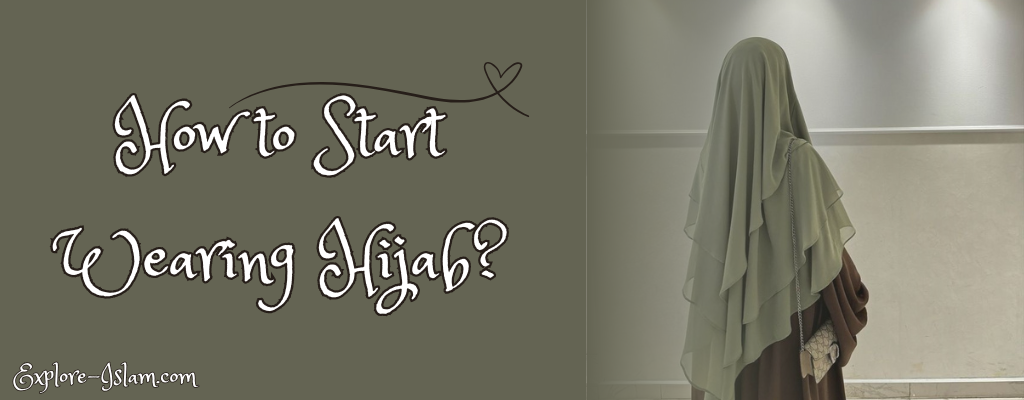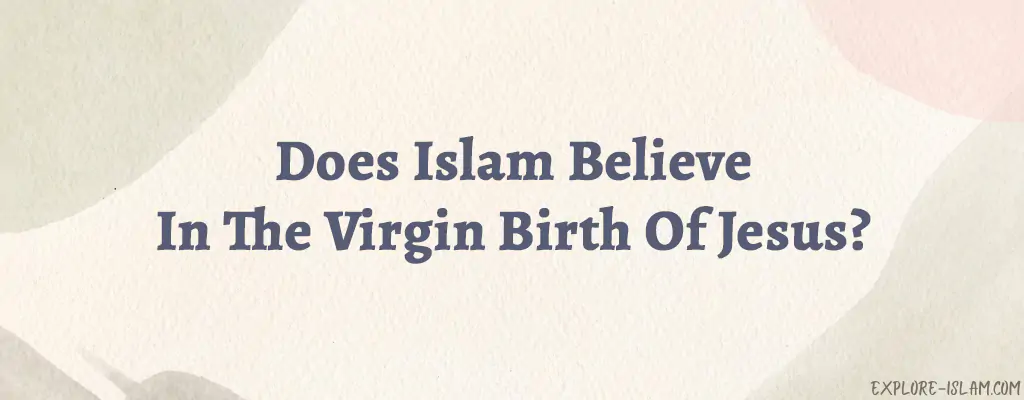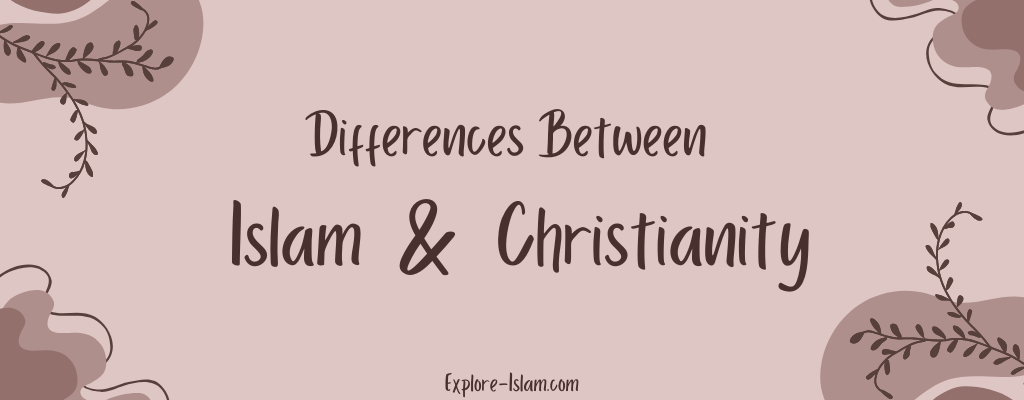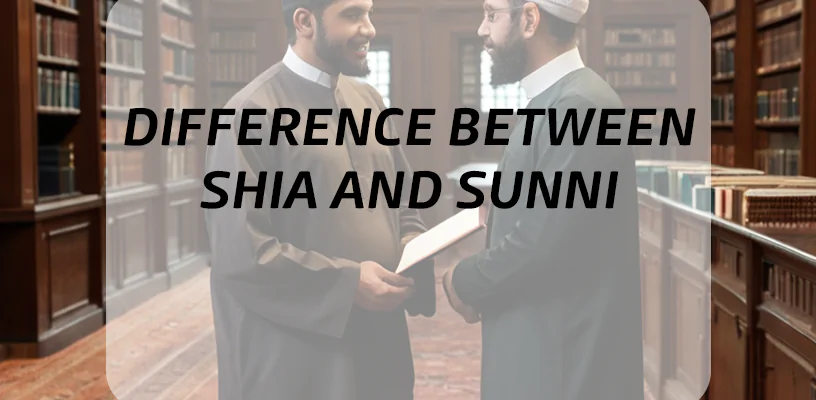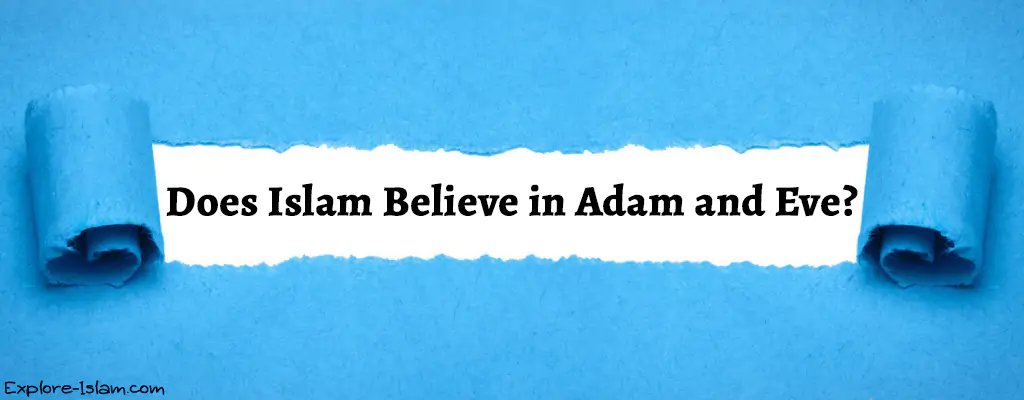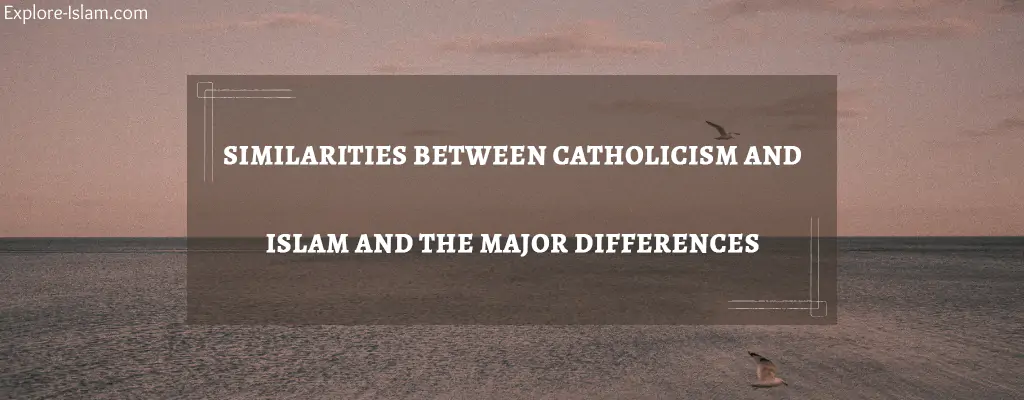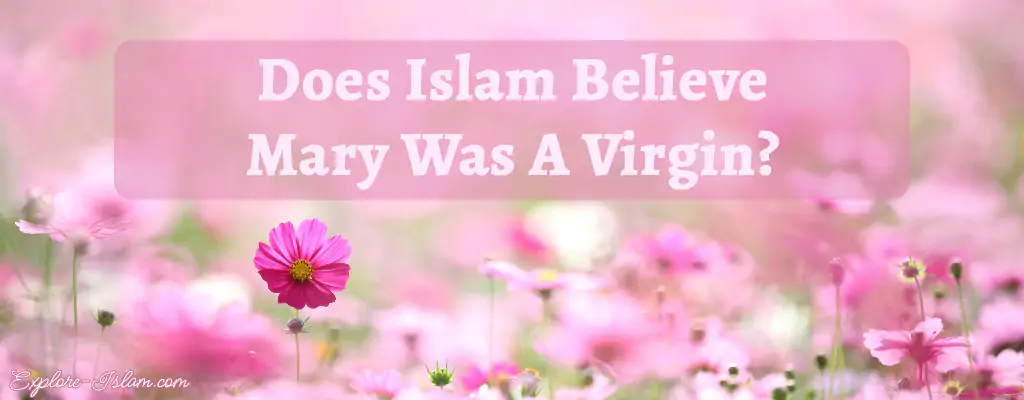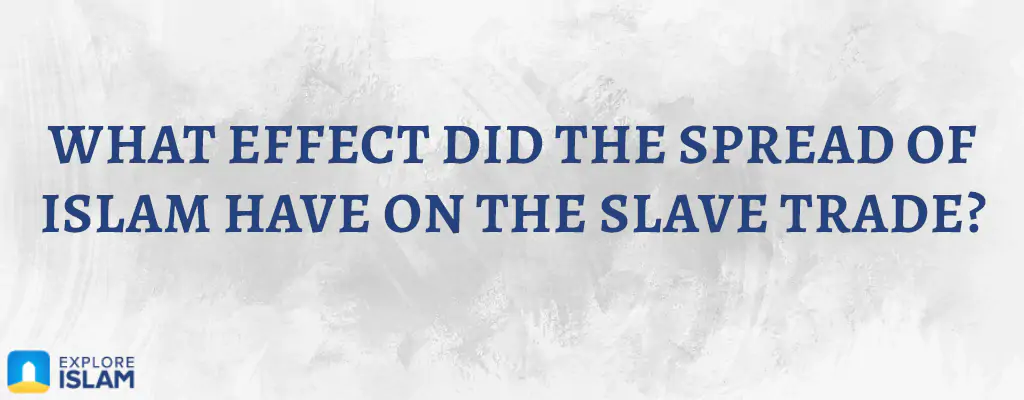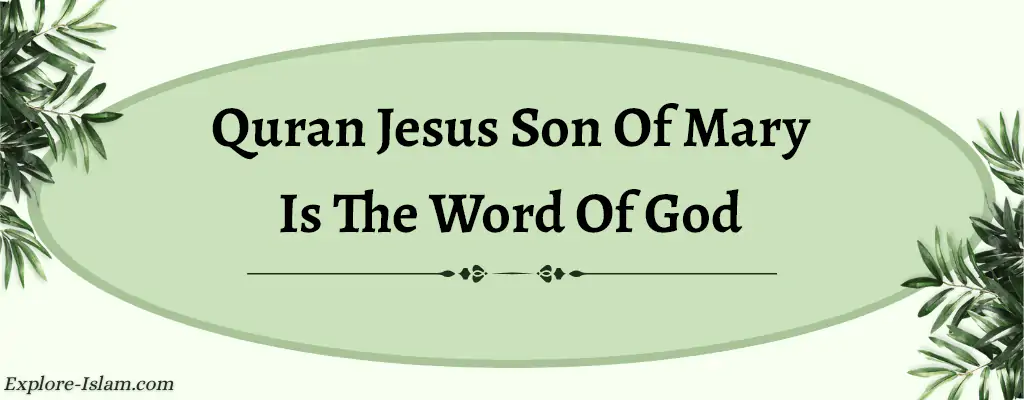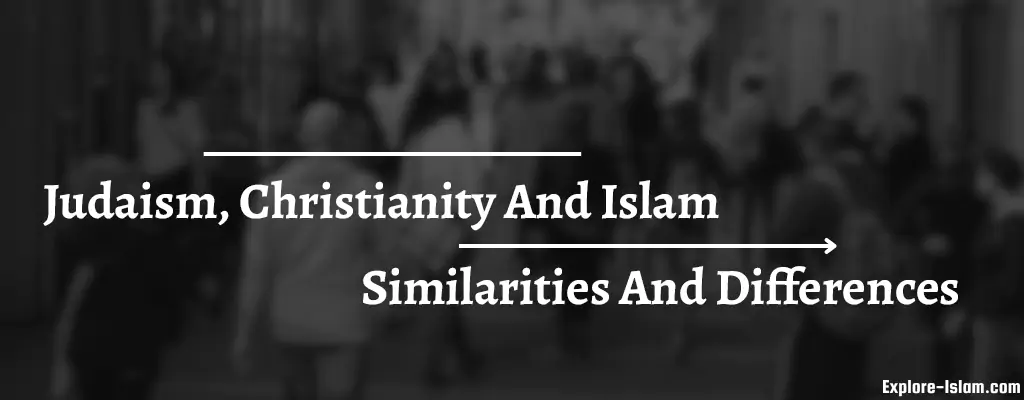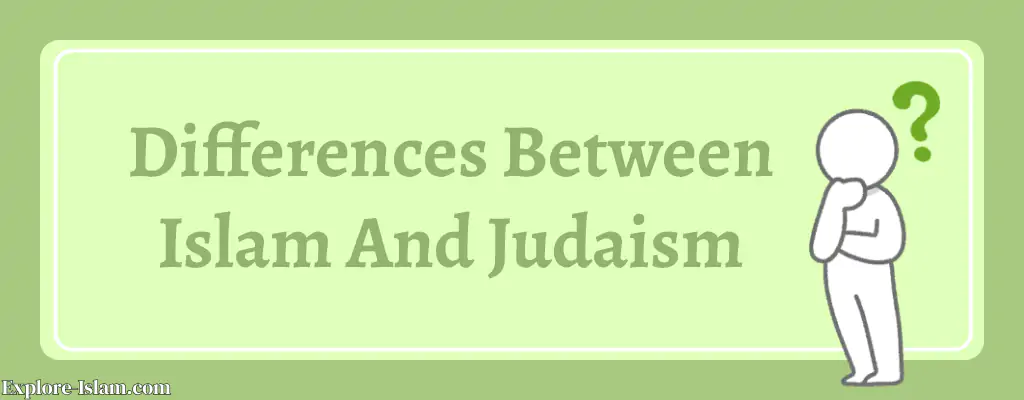Let’s take advantage of the introduction to go over some fundamental ideas again: the hijab is more than just a piece of cloth; it’s an act of worship, a declaration of faith, and a profound connection with Allah Subhanahu wa Ta’ala. Wearing hijab is a commandment, a sign of modesty, and a protection, as Allah […]
Islam affirms Jesus' virgin birth as a miracle, respecting Mary’s purity. Jesus is revered as a prophet, not as divine or the son of God.
This guide compares Islam and Christianity, highlighting similarities and differences in their views on Jesus and the Bible.
Sunni and Shia Muslims share fundamental beliefs in Allah's oneness and the Prophet Muhammad's (PBUH) message but differ in leadership views after his death. Read for more insights about major differences!
Muslims firmly believe in Adam and Eve, as mentioned in the Quran and Prophetic Sunnah. Adam, created as Earth’s first prophet, was taught by Allah and honored above angels. While Eve isn’t named, her role as Adam’s wife is detailed in the Quran. Their story highlights lessons of obedience and human origins in Islam. Muslims […]
Islam views Mary as a pure virgin, while Christianity sees her as the mother of the divine Savior, with different perspectives on her role.
Islam and Catholicism share common values like belief in God and the afterlife, but differ in views on God's nature and Jesus.
Islam affirms Mary’s virgin birth of Jesus as a divine miracle. She is revered as one of the greatest women in Islamic history.
Islam limited slavery and regulated the relationship between slaves and masters, ensuring fairness and dignity.
The Quran calls Jesus "the Word of God", emphasizing his miraculous creation. Jesus is considered Allah's servant, not divine.
Judaism, Christianity, and Islam have common roots but distinct beliefs. The article highlights their main similarities and differences.
The article compares Islam and Judaism, focusing on their similarities, differences, and the Islamic belief in all previous scriptures and prophets.

